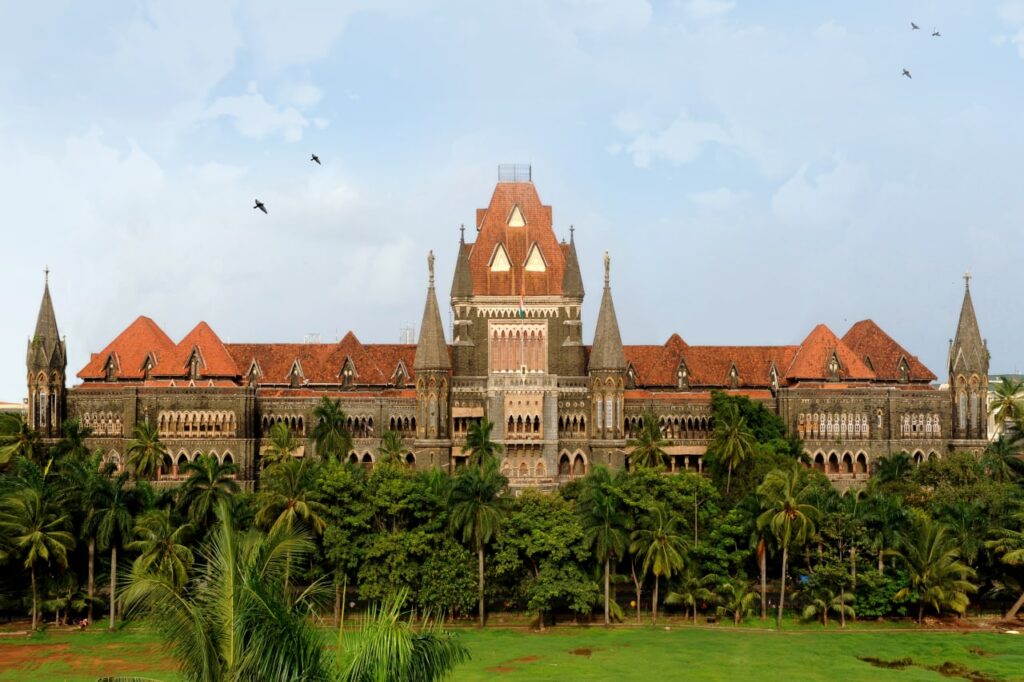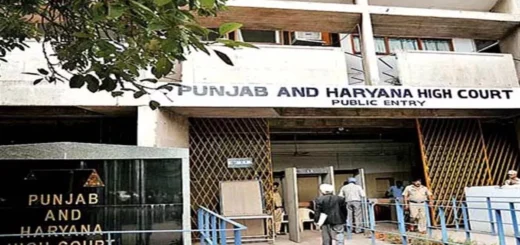The Bombay High Court has ruled that having multiple murders is not the only reason to classify a case as ‘rarest of rare’ when commuting a death penalty.

The Bombay High Court changed the death sentence given by the Trial Court, stating that having multiple deaths alone does not qualify a case as ‘rarest of rare’. The Nagpur Bench was reviewing a Criminal Confirmation Case where the Sessions Court had imposed the death penalty. Justice Vinay Joshi noted that the Supreme Court has repeatedly stated that multiple deaths are not the only factor to categorize a case as exceptional. He explained that the incident arose from a sudden argument. Before the event, there was no planning; the accused reacted when they learned that Dwarkabai was attacked and rushed to help her. They attacked Shubham, and the other three were killed because they came to Shubham’s aid. Addl. P.P. S.S. Doifode represented the Appellant/State, while Advocate R.M. Daga represented the Respondents/Accused.
The accused were tried and found guilty by the Additional Sessions Judge under Section 302 with Section 34 of the Indian Penal Code (IPC) and Section 506 (Part-II) with Section 34 of IPC. However, they were acquitted of the charge under Section 323 of IPC. Each was sentenced to death and fined Rs. 50,000. The accused, a husband, wife, and their son, were charged with murdering four relatives. The prosecution claimed that a Civil Suit for partition filed by one of the accused led to a dispute. The accused were said to be armed with a knife, sickle, and axe during the murders.
The High Court, considering the facts, stated, “Interestingly, the reasoning given by the trial Court for imposing the death penalty [paragraphs 341 to 354] is quite unusual. The trial Court referenced a verse from the Mahabharata, which we believe is unnecessary. Notably, in paragraph 344, the trial Court included crime statistics from Maharashtra over the past 10 years. It mentioned that there have been 23,222 murders in that time, with 19 incidents involving 4 murders in a single event. Based on this data, the trial Court claimed that such occurrences are rare and thus fit the definition of the rarest of rare cases.”
The Court pointed out that the Trial Court’s approach is flawed, as it cannot categorize a case based solely on statistical data without considering the specific facts. In criminal trials, each case has unique characteristics. “The Court must assess the case based on its facts and not be influenced by statistics from similar cases. This approach is completely incorrect and should be disregarded,” it emphasized. The Court also mentioned that aside from the multiple murders, there are no other unusual aspects to justify an exception, and this is not a case involving the brutal killing of defenseless groups, such as women or children.
The court noted that there was no reason for the accused to kill all four victims. The incident happened suddenly due to a minor issue involving misbehavior by the victim Shubham towards accused no. 2, Dwarkabai. Evidence showed that when accused nos. 1 and 3 got a call from accused no. 2, they became angry and attacked the victims with weapons they had brought, resulting in all four deaths. The situation did not suggest that life imprisonment was an insufficient punishment, leading the court to conclude that a different approach would not serve justice. The court stated that this case does not qualify as one of the ‘rarest of rare’ cases that would justify the death penalty, even though the crime was brutal.
The court found no evidence to suggest that the accused could not be reformed. Therefore, it believed this case was suitable for reducing the sentence. It emphasized that deciding on punishment is a sensitive matter in criminal trials, requiring careful consideration of various factors. As a result, the court changed the death sentences for accused nos. 1 and 3 to life imprisonment, with accused no. 3 serving 30 years without the possibility of early release. The fine was also lowered by Rs. 10,000. However, accused no. 2 was acquitted of all charges. Consequently, the High Court addressed the Confirmation Reference and partially granted the Criminal Appeal.
Cause Title: State of Maharashtra v. Haribhau Rajaram Telgote & Ors. (Neutral Citation: 2024:BHC-NAG:12437-DB)
Appearance:
Appellant: Addl. P.P. S.S. Doifode and APP A.M. Badar.
Respondents: Advocate R.M. Daga









